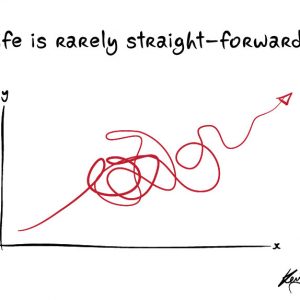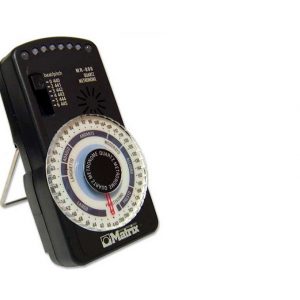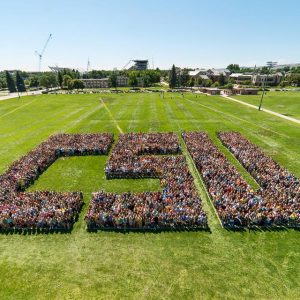Hello, everyone!
Here I am, post-recital, and on to the next pile of music. I was pretty pleased with how the performance went, and am grateful to Dr. Tim Burns, my piano collaborator on this program. It’s a real joy when you find someone, or many someone’s, to work together and share great music.
As I mentioned in my last post, this week’s topic is on planning. It is truly a life-long process! I have tried many systems over the years, as I’m sure you have. Just know that you will be changing as a musician and a person, so your planning skills and techniques will also need some tweaking.
So how do you start? Good question! Yes, there are a lot of apps out there that can help you stay organized, but sometimes just writing it down with pen and paper can give a person a lot of clarity. Old school, yes, but it works for me. Back in my commuting days from Colorado Springs to CSU, I had to resort to colored ink pens to help keep me on track. Green was my CSU color, blue for projects for myself, etc. I am a great procrastinator, so this was really helpful to me; if everything had been in one color I probably would have looked at the long list for the day/week and thrown my hands up in despair. And then got some coffee…
If you are student reading this, think about the work you have for school and your outside activities. If you find there just aren’t enough hours in the day to get everything done, have a long talk with yourself about what is important to you. I am constantly amazed at how busy high school students are; it may feel great that you are so busy, but is it really what you want to do with your time? Those of you who are actively thinking about pursuing a music degree need to have your practice time be your #1 focus. The competition in the professional world is fierce, so spending as much time as you can with your instrument (and knowing how to practice) will help you learn better and faster in college. You will also have better time management skills, which are critical for successful learning as an undergraduate.
So has my planning method changed over the years? Yes, indeed. It may seem like more writing, but I have a weekly/monthly to-do list in categories (one for me, one for CSU), and then I make a daily list. There is only so much my brain can remember. I try (really hard, mind you) not to add anything to the next week’s list until I’ve finished the last two weeks. Some weeks are better than others, as you might imagine. Again, it works for me.
Remember that all of this discussion is on short-term planning. What about long-range goals and how to get there? That’s the topic for the next post.
Until then,
Margaret Miller












